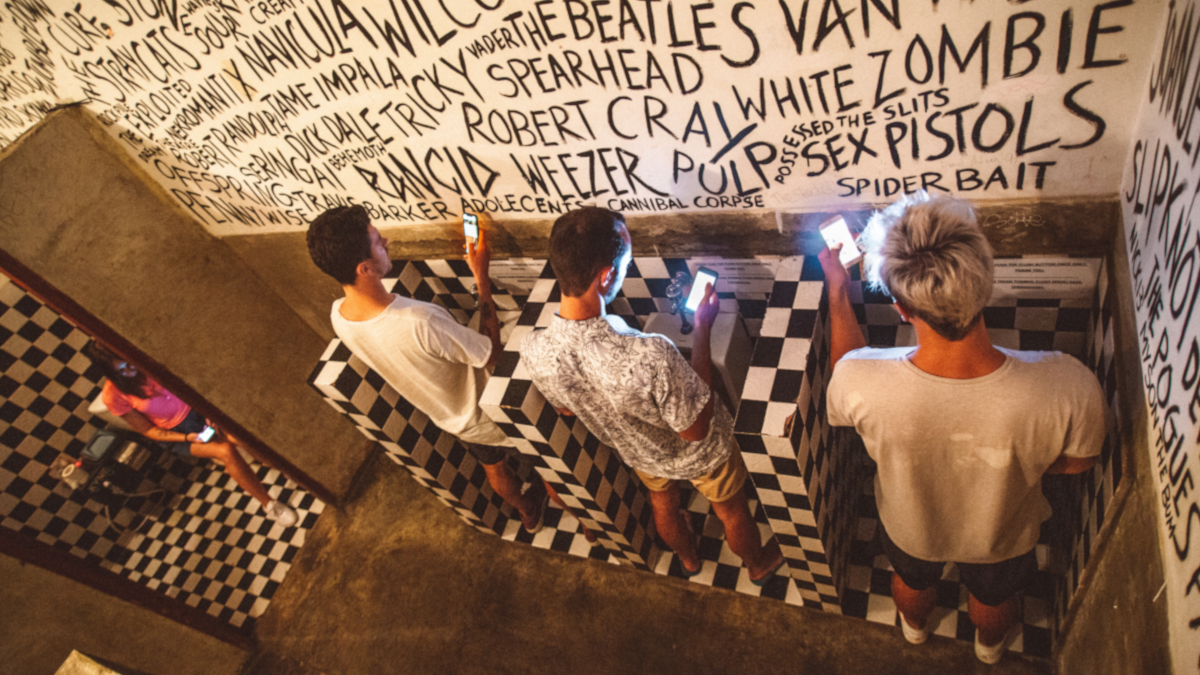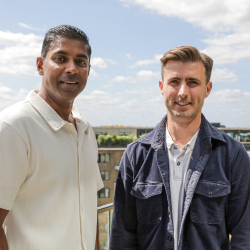Globally, we spend around 12 billion hours per day on social media. To put this into perspective, that’s the equivalent of 1.4 million years of human existence. As a result of the pandemic, it became our only means of keeping in touch. No doubt, this has skyrocketed its usage and potential. For example, it has revolutionised business. As an entrepreneur in the digital industry I know this more than most. Social media cannot be denied — it can build a fanbase and be used to receive feedback from your target audience. It can create new avenues of traffic that lead people to products and increase brand awareness.
It’s also an opportunity to connect with business leaders and companies you admire. I would argue that business leaders are very well versed in discussing business via these channels today. I have cultivated many leads and ongoing relationships through social channels — it’s truly a tool for growth and connection.
With all this said, the opposite is also true. Abstaining from social media could seriously impact business growth, especially if your competitors use it. For this reason, business owners and entrepreneurs now find themselves in a situation where it is difficult to ‘switch off’. Digital burnout has become an occupational hazard, as the pressure to always be available never switches off either.
The impact of the ‘Instagram vs reality’ phenomenon
Social media can be dangerous when it comes to ‘founder voyeurism’, or consistently comparing your progress to others. Naturally, keeping track of your competitors is essential, but it can be easy to fall into an unhealthy habit.
As entrepreneurs, we constantly judge ourselves compared to others. But we must remember we don’t truly know these companies or their founders’ entrepreneurial journeys. The minute we measure our success against another, we judge ourselves according to unrealistic standards. It’s a trap that most people have fallen into. Seeing a stranger on Instagram doing a 6am yoga session if you’ve woken up at 8am; or a daily avocado on toast breakfast when you’ve only had time to grab a snack bar can leave even the most self-assured of us with feelings of life envy or inadequacy.
But like another’s business, you only see another’s life through what is presented. In many cases, you’re missing the whole story, and it’s not real anyway. Remembering the social media trend ‘Insta vs reality’ (which exposes how images can be doctored and posted to look better) is crucial in all channels.
The need for off-screen
While social media can be a powerful way to keep in touch with people, nothing beats face-to-face connections. The type of relationship in which someone is willing to go out of their way to help you (and this goes both ways) requires a certain amount of depth, which is difficult to emulate online. After all, a single, digital face in a sea of millions is far less memorable than face-to-face interaction. You need the opportunity to showcase your personality and connect genuinely and authentically.
Moreover, according to research, excessive use of social media can significantly affect a person’s communication skills. This doesn’t mean you can’t connect via social media. However, it does mean that you should also ensure you’re always attending live events and flexing your in-person social muscles as well.
Set boundaries for your own needs
Finally, we need to know how to set boundaries and have more self-awareness about when social platforms are negatively impacting our well-being. If you feel social is affecting you emotionally, physically, or mentally, try and incorporate ‘media-free zones’. This could be setting time limitations for social media or turning off notifications earlier in the evening to give yourself time to wind down. In addition, if the content impacts your self-esteem, remember you control your social feed. You can unfollow any account that makes you anxious or triggers your mental health.
The nuclear option: quitting cold turkey doesn’t need to be the next step. However, some options can support a healthier relationship with our screens, allowing us to best celebrate and utilise social media. In other words, social media will never stop being a powerful business tool (and enjoyable pastime) when used with our own needs in mind.
Living in the moment is also essential for personal and business growth.
Featured image: Roman Odintsov / Pexels



























